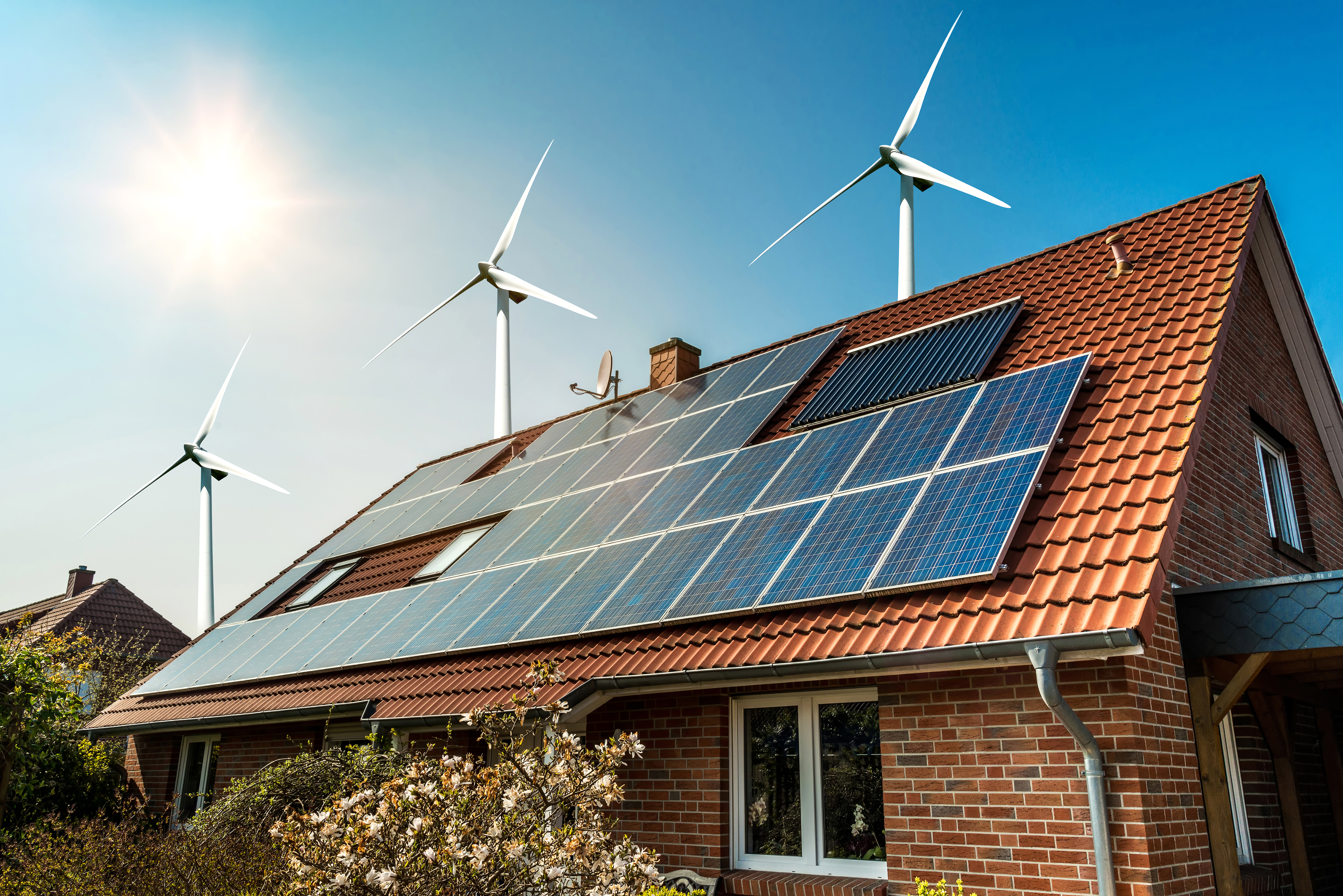
Renewable Home Power: A Sustainable Energy Solution
Renewable home power is revolutionizing the way we meet our energy needs, offering a sustainable alternative to conventional sources. In this article, we will explore the benefits and considerations of adopting renewable energy solutions for your home.
Harnessing the Power of the Sun
Solar energy stands out as a leading source of renewable home power. Solar panels, mounted on rooftops or in dedicated arrays, capture sunlight and convert it into electricity. This clean and abundant source of energy not only reduces reliance on non-renewable resources but also contributes to a lower carbon footprint.
Wind Power: Tapping into a Constant Resource
Another significant contributor to renewable home power is wind energy. Wind turbines, strategically positioned to harness the wind’s kinetic energy, generate electricity. Wind power is a constant and reliable resource, making it a valuable addition to the renewable energy mix for homes, especially in regions with consistent wind patterns.
Hydropower for Sustainable Energy
Hydropower utilizes the energy of flowing water to generate electricity. While large-scale hydropower plants are common, smaller-scale systems can be implemented in homes. Micro-hydro systems can be installed in areas with access to flowing water, providing a continuous and sustainable source of renewable power.
Benefits of Adopting Renewable Home Power
Switching to renewable home power comes with a multitude of benefits. One of the most significant advantages is the reduction of greenhouse gas emissions. Unlike traditional fossil fuels, renewable energy sources produce minimal to no carbon emissions during electricity generation, contributing to a cleaner and healthier environment.
Financial Incentives and Long-Term Savings
Governments and utility companies often offer financial incentives to encourage homeowners to adopt renewable home power. These incentives may include tax credits, rebates, or favorable financing terms for installing solar panels or other renewable energy systems. Additionally, the long-term savings on energy bills make the initial investment in renewable power financially attractive.
Energy Independence and Security
Renewable home power provides a degree of energy independence. By generating your electricity, you become less reliant on external sources and the vulnerability of power grid disruptions. This energy security becomes especially crucial during emergencies or power outages, ensuring a continuous power supply for your home.
Technological Advancements and Efficiency
Ongoing technological advancements in renewable energy systems enhance their efficiency and affordability. Innovations in solar panel design, wind turbine technology, and energy storage solutions contribute to more cost-effective and high-performing systems. Staying informed about these advancements allows homeowners to benefit from the latest innovations.
Considerations and Challenges
While renewable home power presents numerous benefits, there are considerations and challenges to address. The initial cost of installing solar panels or wind turbines can be a barrier for some homeowners, despite long-term savings. Additionally, factors such as weather patterns and geographic location can impact the effectiveness of renewable energy systems.
SolarHelp.info: Your Guide to Renewable Home Power
For comprehensive insights, guidance, and resources on adopting renewable home power, visit Renewable Home Power. The website offers expert advice, tips, and articles to help you make informed decisions about transitioning to sustainable energy solutions. Explore SolarHelp.info for a comprehensive guide to renewable home power and take the first step towards a greener and more sustainable future.

